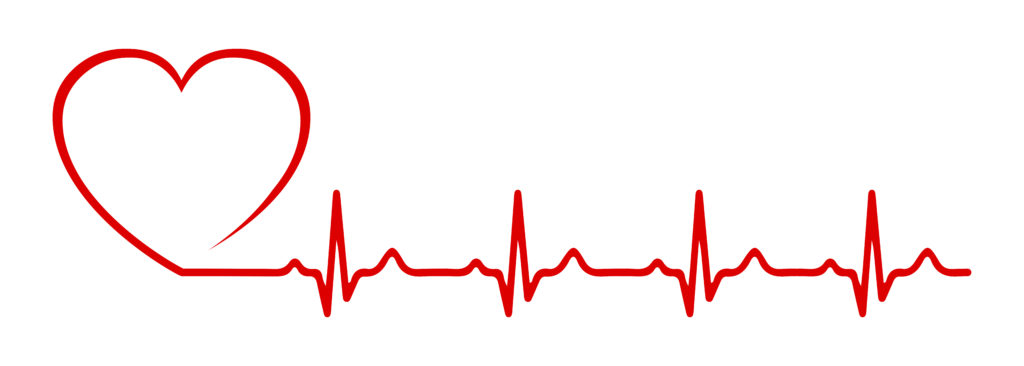Health under pressure – CV Risk Research
“Let me take your blood pressure.” 
How many times have we heard that from our GPs, especially as we’re getting older?
Blood pressure is crucial in establishing whether a person is at risk of heart attack or stroke, in managing diabetes and in monitoring health and wellbeing.
As we get older we could be more at risk of cardio vascular problems and diabetes and it’s important that we have our blood pressure taken regularly.
For a lot of people it’s as simple as putting a cuff on your arm and feeling a bit weird as it gets ‘pumped up’ more tightly; but for limb-limited people it’s a completely different story, as it can be difficult to keep the cuff in place, if it can be fitted at all.
Because blood pressure monitoring is such an important part of our health – and not easy for beneficiaries, the Thalidomide Trust has commissioned a Cardio Vascular Risk research study, aimed at assessing blood pressure accuracy in beneficiaries with short arms or legs. Read more about it here.
The study will measure blood pressure internally with an arterial line during major surgery (abdominal and orthopaedic surgery are the most common ops) and will compare the readings taken in people with unaffected limbs and people affected by thalidomide. The team is led by Dr Rachel Baumber, consultant anaesthetist at the Royal National Orthopaedic hospital (RNOH). Find out more about her, and the study here.
Phase one of the study took blood pressure readings in 20 people unaffected by thalidomide, during surgery, and the team at the RNOH are still collecting data.
Phase two of the project – involving beneficiaries- is now underway; so if you’re having an operation where an arterial line will be used (ask your consultant) do get in touch and help us understand blood pressure more fully. Phase two is being co-ordinated by Graham Kelly, a beneficiary of the Thalidomide Trust, and a member of the National Advisory Council (NAC). Find out more about him, and the study here.
The research study will take about three years to complete, but its findings could influence the measurement of cardio-vascular risk for years to come. We’ll be keeping you posted as the project progresses.
The research study will take about three years to complete, but its findings could influence the measurement of cardio-vascular risk for years to come. We’ll be keeping you posted as the project progresses.
